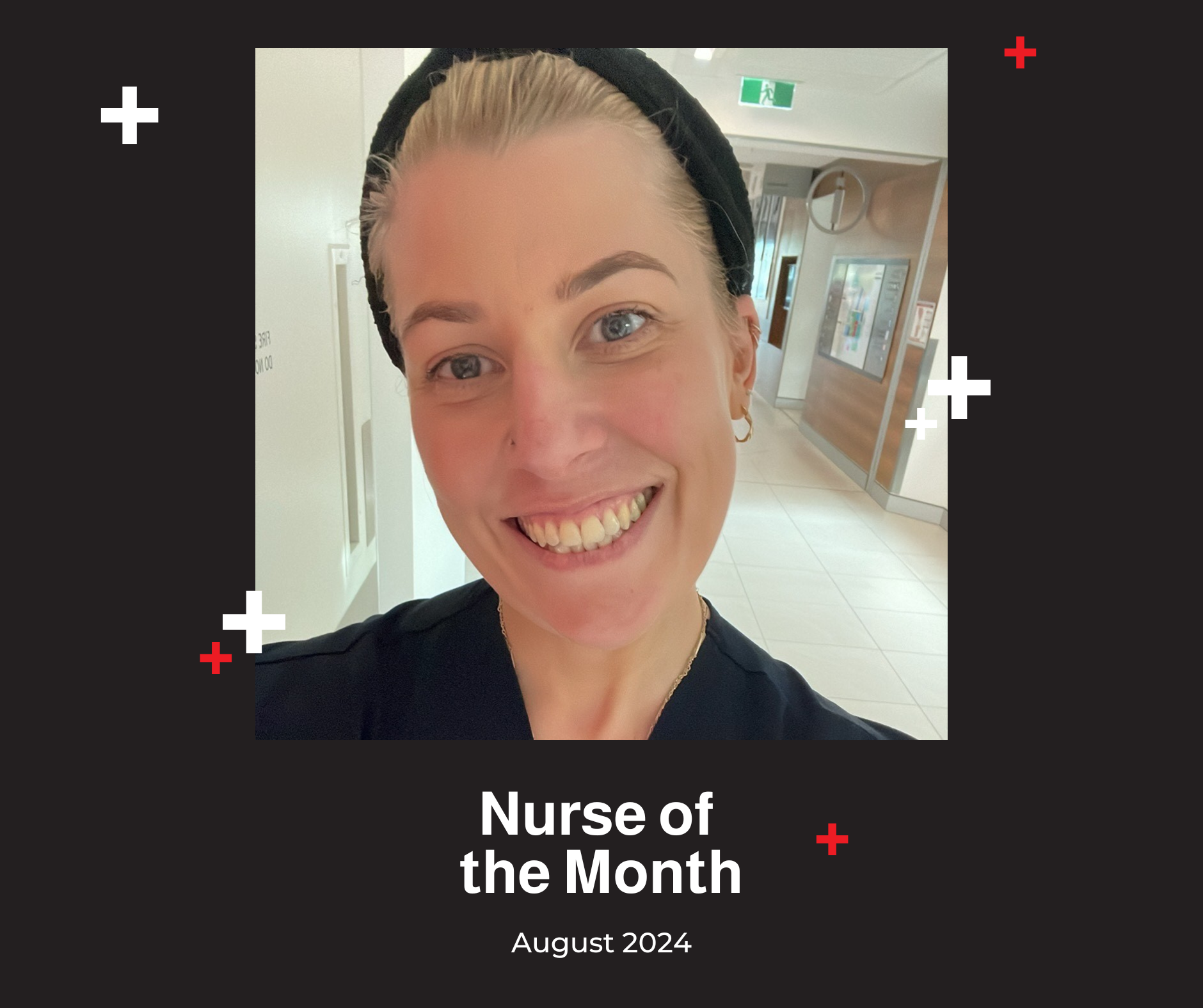
We know that shift work is tough! So, we’ve put together some tips to help nurses stay energised and passionate through their shifts. If you’ve got irregular or a tonne of night shifts it’s important to be prepared and put some robust routines together. It’ll turn the after late night shift “why on earth did I choose this career?” around to “I love nursing” again (at least after a good sleep).
We’ve all had the challenges of dealing with shift work, so we know what works and what doesn’t. Shift work can be stressful on your body, and all the systems that manage how your body functions, so we’ve got 10 tips designed to aid those body functions and help you feel your best.
There’s some important habits and routines you can put in place now that will help your body recover quickly and get it into a new rhythm, helping you stay energised. It’s all about finding the right routines which work for you. We’ve put together our top 10 tips to help shift workers with their health and well-being.
1. Create a sleep schedule
Sleep is the best defence on your side against the side effects of shift work. You’ll need to find the sleep schedule that works specifically for you. Most people need at least 7-8 hours of sleep a day however this can decrease with age.
The first place to start is keeping a sleep diary. Record your sleep patterns and any problems you encounter while sleeping in a physical book (we want to avoid screens). Then, use this to help you find the best strategies and conditions to improve the quality of your sleep. Once you know how your sleep is going, there are a few things you can try to improve it:
- If you’re working regular shifts experiment with different sleep and wake-up times until you find something that works for you.
- Have a short sleep before your first night shift.
- When coming off a night shift, have a short sleep and go to bed earlier that night.
When you’ve found the sleep schedule that works best for you, try to keep it.
2. Find a routine
Beyond sleep, your body loves routines. This includes routines for eating, resting, working, and having fun. Start by putting together a consistent bedtime and wake-up routine. When you start either routine, your body will know it’s time for sleep and then wake you up with the wake-up routine. It can be as simple as a shower, putting on certain products and listening to some calming music. Just make sure you limit your screen time before bed.
Beyond your wake-up and bedtime routines are your other day-to-day routines. It’s a good idea to be consistent, when you can, with eating meals. It’ll help with your digestion and energy as your body knows when it can expect to receive more energy.
3. Plan out caffeine
Coffee is great for waking you up when you need it, but it can also disrupt your sleep or have other negative side effects when taken at the wrong time. So, to make the most of your daily coffee it’s important to structure it so you can get the best sleep possible.
You generally need to give your body at least 6 hours to process caffeine before you should sleep. This means that a 5 am coffee while on your night shift may be a bad idea, even if it’s desperately needed. Try to avoid caffeine after 2 am so you’ll be able to get a good sleep and be well-rested for your next shift.
4. Plan out water
Just as important as managing your caffeine intake is managing your water intake. At night your kidneys concentrate your urine while you sleep so that you don’t need to get up through the night. But when you swap night for day on night shift, your kidneys don’t swap around. So, your kidneys remain quite active during the day even when you’re trying to sleep. It can be frustrating when you’re trying to rest, especially after a night shift, and you keep getting woken up busting to go to the bathroom.
To help, taper off your water intake after 4 am. While staying hydrated is important, drink more water towards the start and midway point of your shift before tapering off. It’ll help you stay energised while avoiding your body waking you up mid-sleep.
5. Bring along healthy snacks and meals
Nurses work long hours so it’s important to remain energised through your shift. It can be tempting to reach for sugary foods or those high in cholesterol, like chocolate, baked goods or chips, but they’ll only provide a short-lived boost of energy. What you need is a long-term energy boost without the side effects of a sugar-high crash.
Some easy things to bring include egg cups, cheese and crackers, overnight oats and fruit. Eat meals with good fats like avocado, nuts and fish to help regulate hormones throughout your shift. Whether you’re on the night shift or not, structure your day around a “breakfast, lunch, and dinner” schedule to keep your metabolism going.
6. Keep up with family and friends
Shift work often pushes your schedule out of line with your friends and family. This can lead many shift workers to feel isolated. So, it’s important to make an effort to not lose contact.
Start by talking to your friends and family about shift work, so they understand the challenges you face, your shift schedule and be accommodating to find time with you. Make the most of your time off and plan mealtimes, weekends, and evenings together.
7. Keep active
Night shift can often bring with it reduced activity. While some nights are busy, others are less so, meaning you’re sitting down a lot more. It’s important to keep your physical activity up to improve your energy and alertness levels. Whether you’re going on walks while on shifts or going to the gym before your shifts, you’ll be able to keep your energy up to take you through the shift.
8. Learn how you destress
Everyone needs something that will help them destress. These things will help energise you, improve your mental health and make your shifts easier. Things like meditation, mindfulness, yoga, reading, exercising, or any other hobbies are great for your energy levels. Bring them into your routine to help make stress reduction second nature.
9. Plan the end of your night shifts
Plan a reward for yourself after your night shift. It could be a catch-up with friends, an after-night shift brunch, buy yourself a gift, or get yourself a massage. Motivation is so important for getting through challenging shifts. It’ll give you a quick mental health boost and help make each shift even more worth it.
Nursing is a 24/7 job, you can only do as much as you’re physically capable of. So don’t feel bad about relying on your colleagues and rewards for support.
10. Say no to overtime and take time off
When you’re feeling exhausted, have had a day with no sleep, or are close to burning out, don’t take on more work! You need to take time off for your mental health. Stress is a part of the job so it’s important to recognise when you’re feeling overwhelmed and need the time to recover. The best way to provide the best care for your patients is to be well-rested.
Sometimes just say no to overtime and take a day off between shifts.
Conclusion
When doing shift work your mental and physical wellbeing is important. Shift work can be challenging for your body and your health. To keep yourself at the top of your game, and in love with your job, take the time to look after yourself, and set up a routine that will keep your body energised. Take these tips and tweak them to fit your needs and schedule!
If you want more nursing tips, check out our blog here.
More articles





